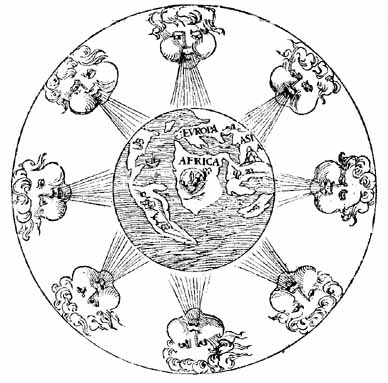“The Study of Eugenics – Past, Present and Future”: Deadline: May 31.
Call for papers
“The Study of Eugenics – Past, Present and Future”
November 10-11, 2011, Uppsala University, Sweden
The study of eugenics has been extensive in recent years and has yielded a detailed understanding of the
origins, evolution and impact of eugenic beliefs and practices. This research has received much attention
also outside of academic circles, not least because of the growing awareness of the widespread eugenic
practices (like sterilization) in emerging welfare states like the Nordic countries. Here, historical scholarship
has contributed to the ongoing reinterpretation of the “modern project”. Much light has been shed on the
relationship between eugenics and genetics before 1945, but the continuing relationship between these areas
up to the present has not received enough attention, even though eugenic themes have been present in
discussions about “ethical” issues in connection with various biomedical practices. This conference aims to
bring together scholars in a variety of disciplines – history, the social sciences and philosophy among them –
in order to discuss what the study of eugenics has achieved so far and what lies ahead, in ongoing and future
research, including the relatively under-developed study of post-war eugenics.
The conference is open to contributions from various fields of research that may treat specific eugenic topics
as well as historiographical questions. Accepted contributions will be arranged in thematic sessions by the
organisers. The conference will last for two days and will open with keynote lectures by Professor Paul
Weindling (Oxford Brookes University) on The Historiography of the History of Eugenics, and Dr. Marius
Turda (Oxford Brookes University) on Eugenics and Society – The Path for Future Research.
The conference is organized by Living History Forum, Stockholm, and the Department of History of
Science and Ideas, Uppsala University. Living History Forum is a government organisation that has been set
up in order to spread knowledge and encourage research about issues associated with crimes against
humanity (foremost the Holocaust). The Department of History of Science and Ideas is a major centre in
Sweden for research in the history of medicine, including eugenics and related areas.
The organizers will cover the costs for meals and accommodation, and reimburse some travel expenses for
participants who present papers. The number of papers that can be accepted is limited. If you want only to
listen and participate in discussions you are heartily welcome but must still apply. More details regarding
practical arrangements including a preliminary program will be sent out in mid June.
The deadline for applying to the conference is May 31.
Applications should include information about academic or other affiliation and research area.
Those wishing to present a paper should include an abstracts of no more than 300 words.
Please note that the conference language is English.
Applications and questions should be directed to:
Annelie Drakman, annelie.drakman@idehist.uu.se.
Sven Widmalm, professor Oscar Österberg, project manager
Dept of History of Science and Ideas Living History Forum
Uppsala University Oscar.Osterberg@levandehistoria.se
sven.widmalm@idehist.uu.se http://www.levandehistoria.se/
http://www.idehist.uu.se/

